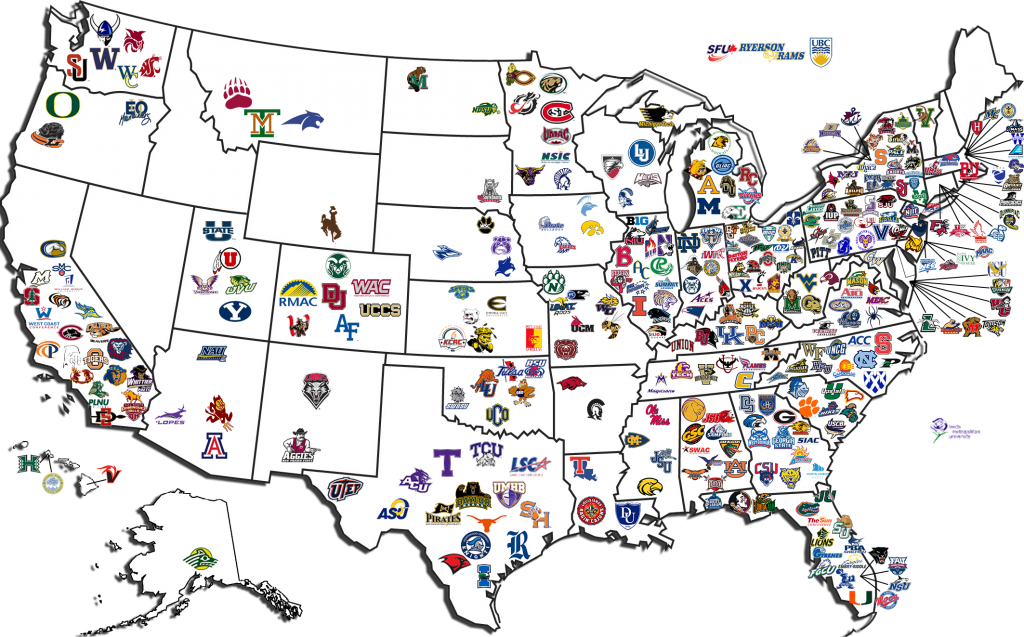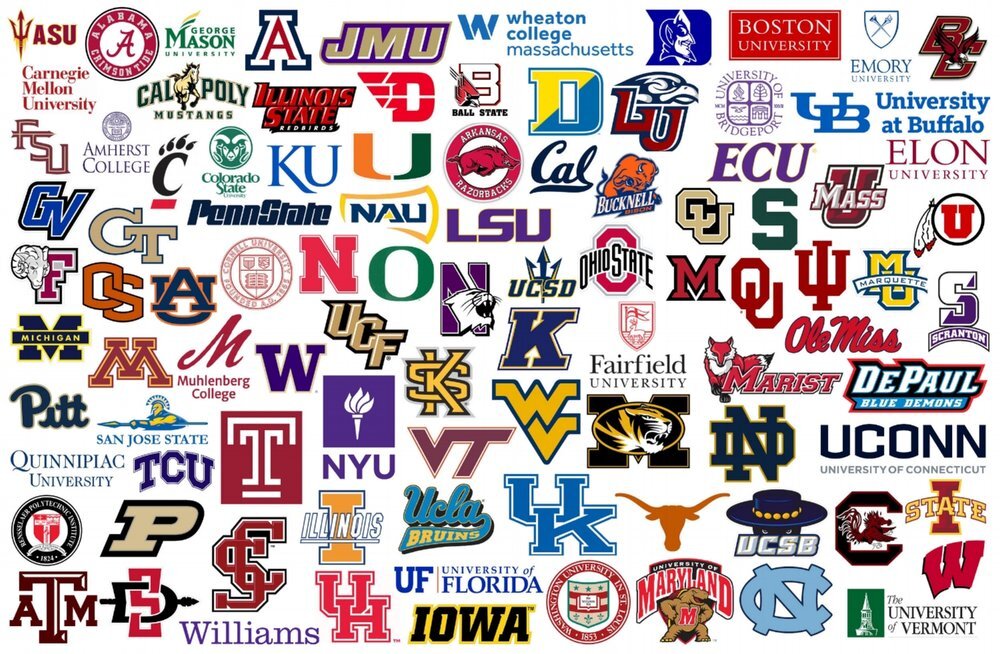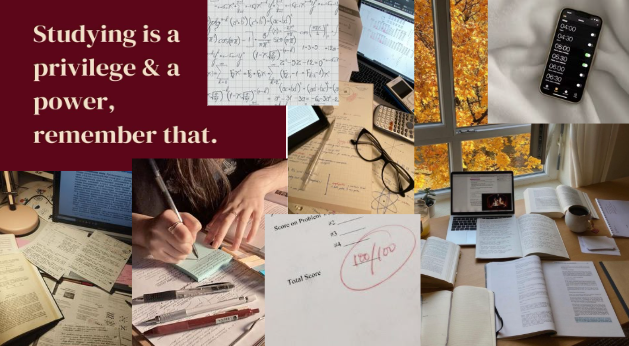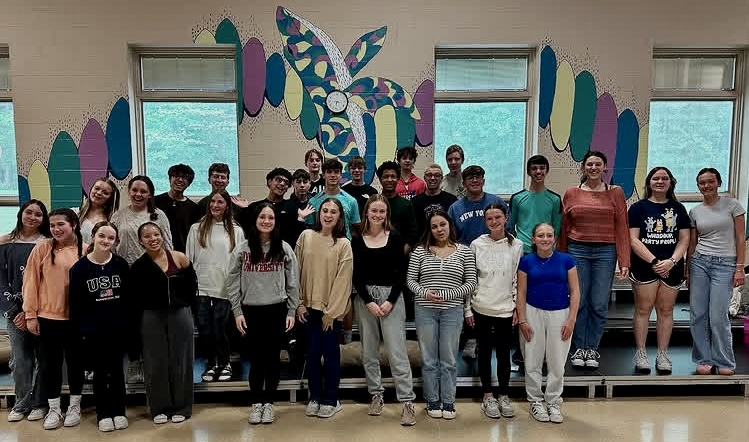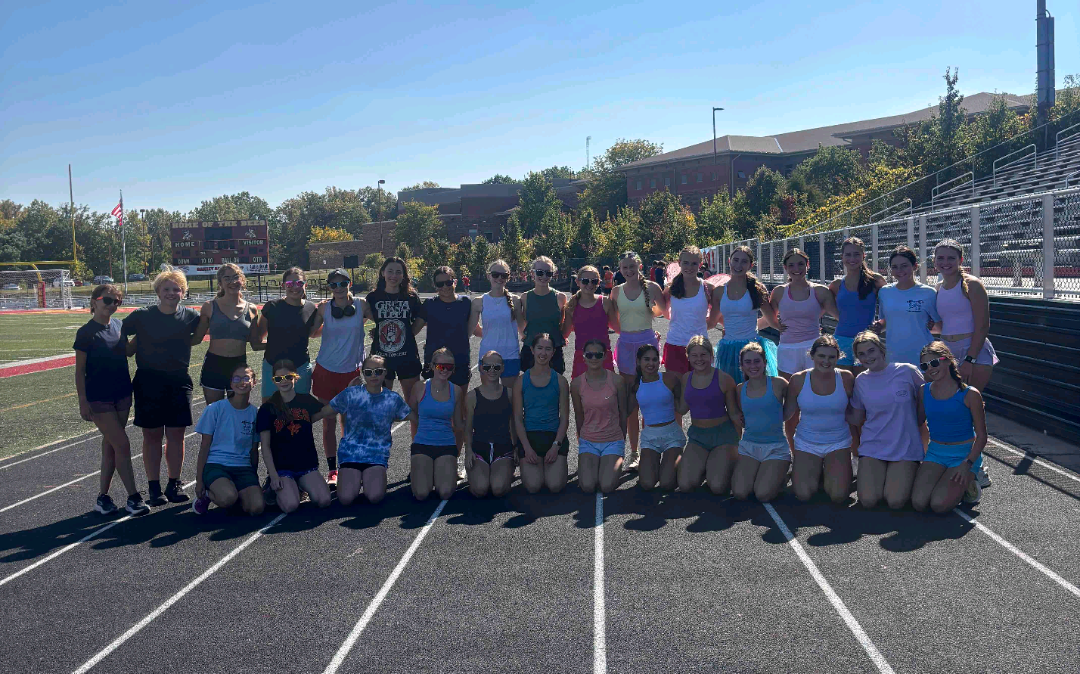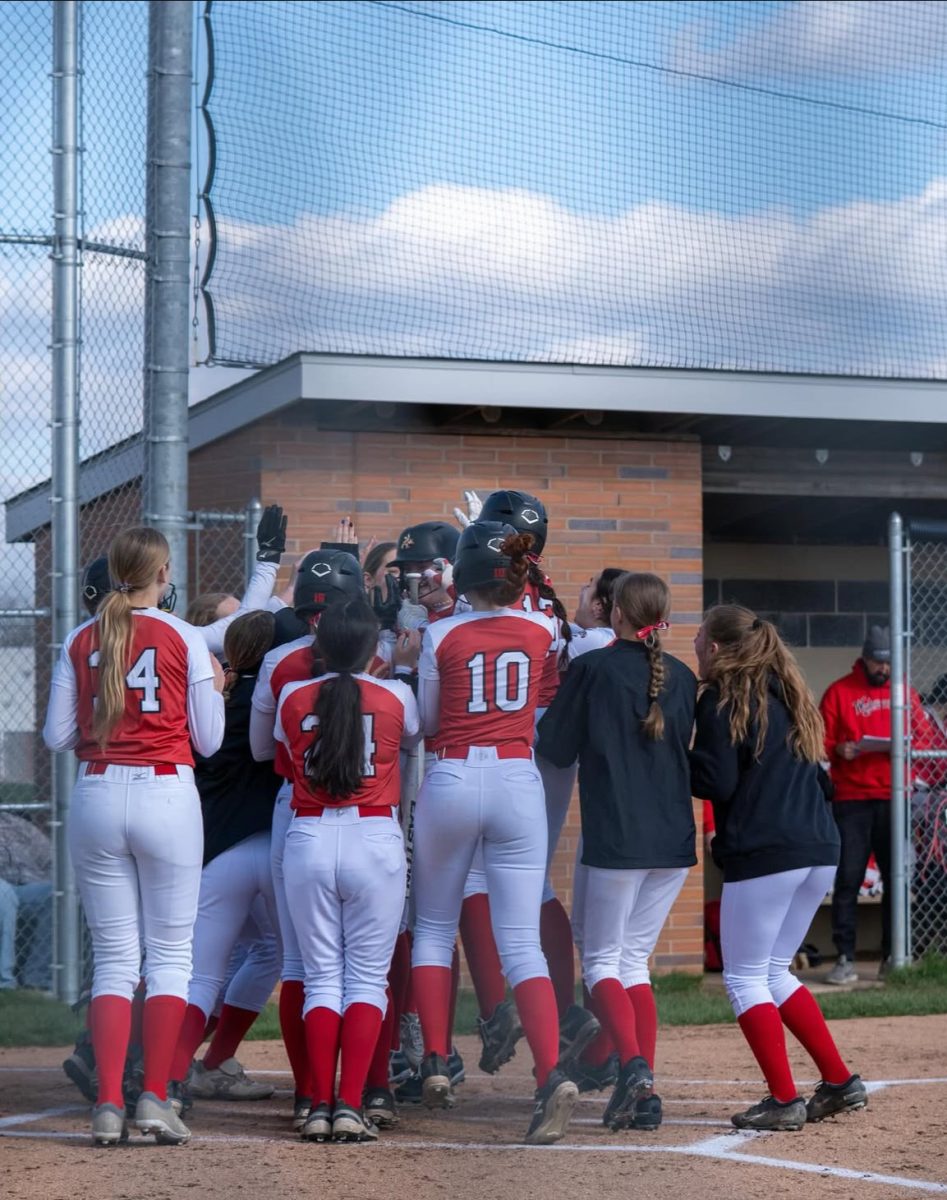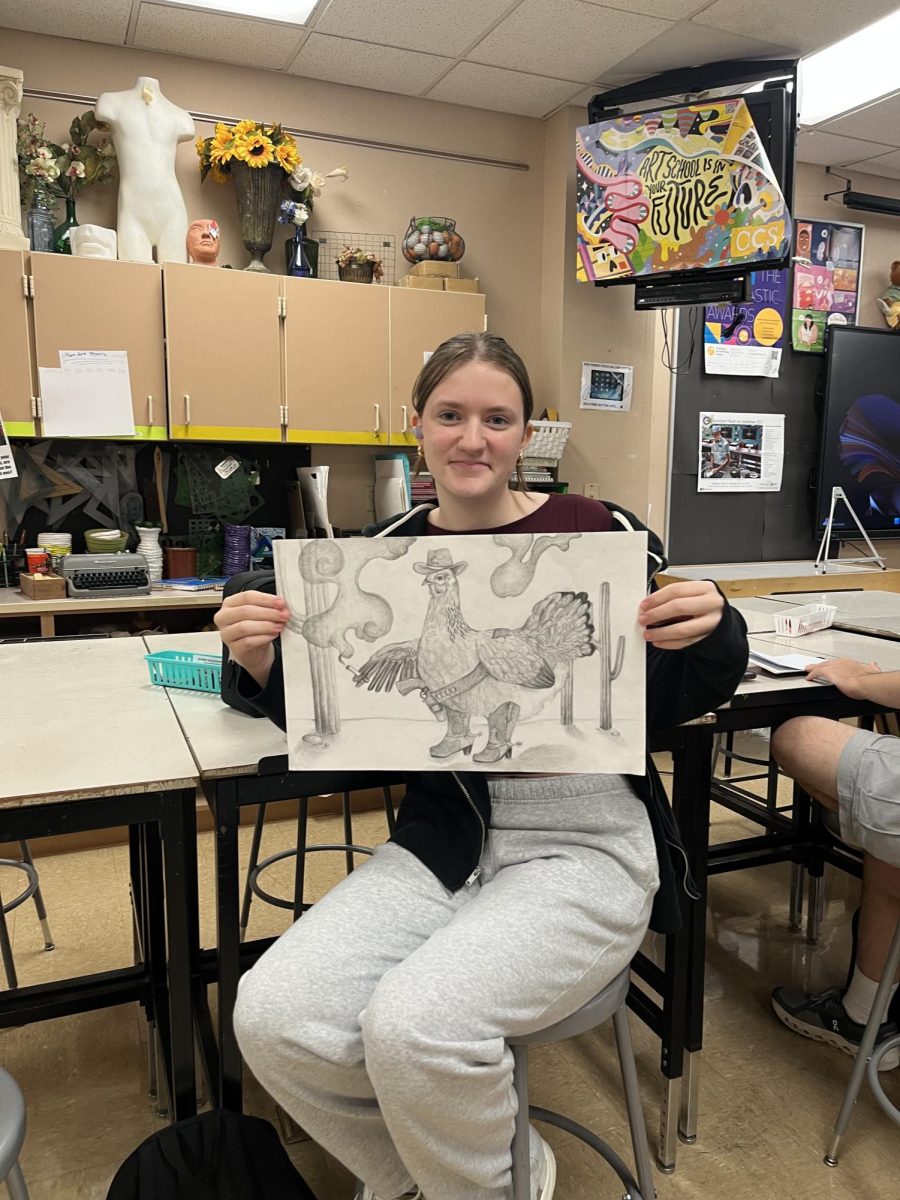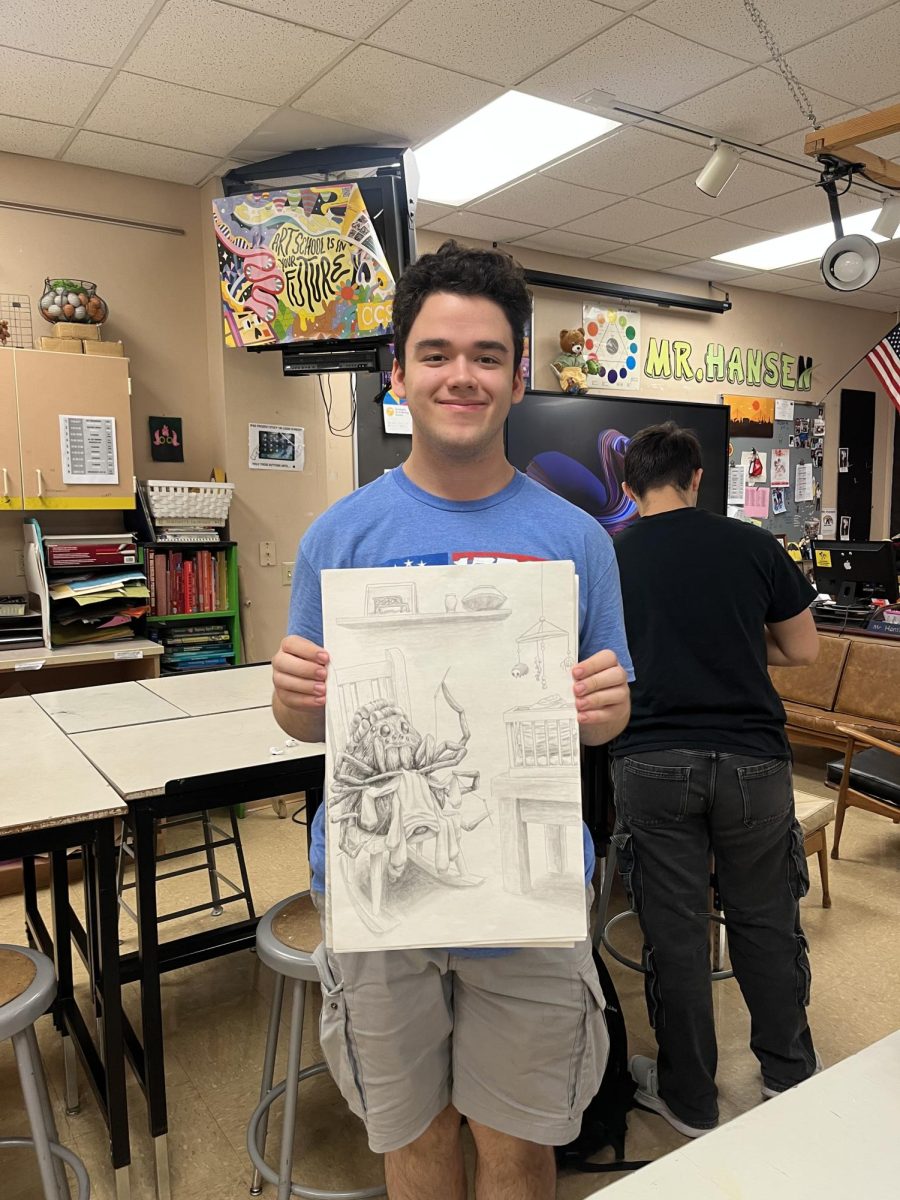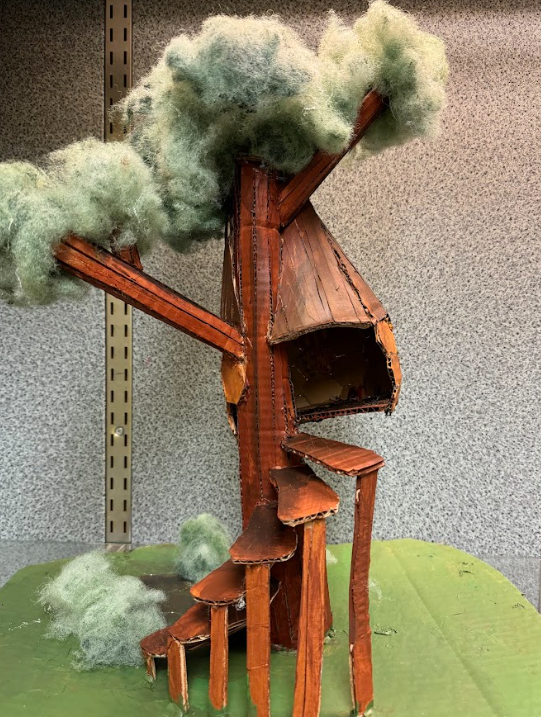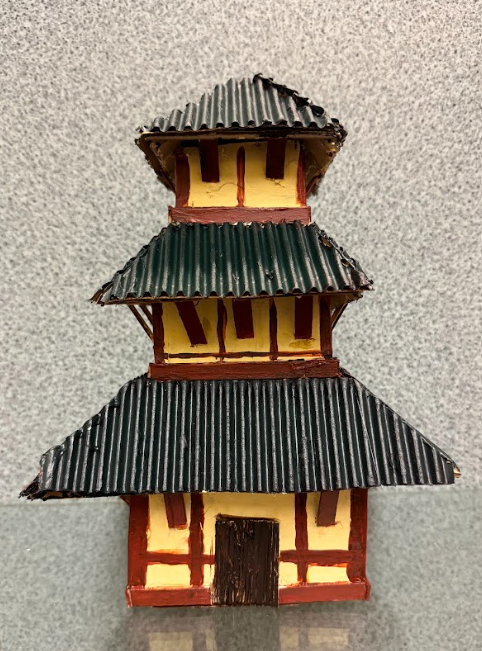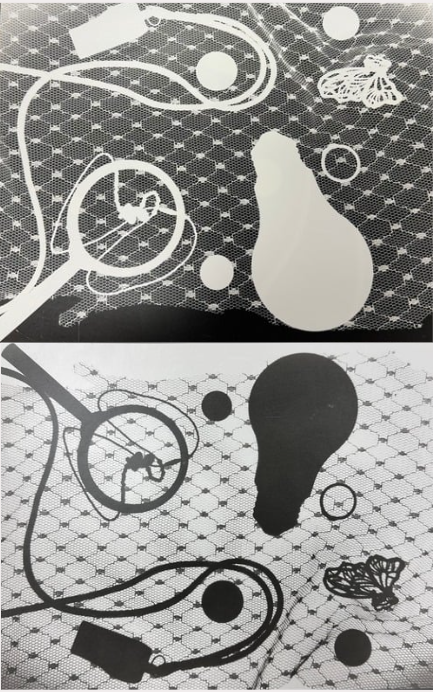As the school year comes to a start, countless students find themselves in a flurry of stress trying to keep up with the extensive workload. The fall is a busy time for students, the beginning of a new school year & course load, numerous fall sports, along with all the fun activities such as football games. Nearly all students face beginning-of-the-year of the year stress and want to find ways to minimize time studying. Luckily, there are techniques that one can develop to help enhance performance while limiting time.
Many think that in order to get a good grade, one must study for hours on end. But countless studies have proven that this is not the case. Instead of spending more time studying, one should seek to be more productive in studying.
The art of taking breaks
Many try to cram hours on end of studying and completing work; however, this is not the most effective method. According to the National Institutes of Health, taking breaks while studying helps boost retention. While it may seem inconvenient to take a short break, it is actually more beneficial. The Brain can absorb so much information, meaning that taking breaks allows for study time to be more useful.
This same principle applies to sleep. Sleep allows the brain to take a break and be ready to absorb new information. This means, more sleep allows for more productivity in studying and will allow one to get more use out of school time/studying.
Different reading methods
Most, if not all, classes require some time for reading. Whether it’s from reading actual textbooks to just small excerpts, breaking down and understanding information is crucial. Luckily, there are different methods designed to help remind one to fully digest information.
For example, the SQ3R method, which stands for Survey, Question, Read, Recite, and Review. This method starts by skimming over the reading and getting the general overview (headlines, photos/diagrams, bold print), then it is followed by asking yourself questions about the topics. Then, while reading through carefully, look for the answers to the questions you just posed. Then recite answers to those questions. Then, to end it, review the material (this can be done by rereading it). Alexander Young, the author of an article talking about these methods, frequently mentioned reading aloud the text.
Pen & paper: the game changers
It has been proven relentlessly that paper and pen can help so much with memorization. In fact, taking notes on paper can actually help with memorization more than on a computer. In 2014, researchers at NTNU (Norwegian University of Science and Technology) conducted a study on brain activity. The results showed that when people take notes on computers, they typically type without thinking. However, this is the exact opposite of notes on paper. When writing notes on paper, it is hard to write everything down, forcing students to process information and work with it before writing it down. This causes more electrical activity across a wide range of interconnected brain regions that are responsible for movement, vision, sensory processing, and memory. (Hu).
When writing on paper to take notes or rewrite notes, it engages in higher brain activity and helps boost memory. This can be crucial for studying more effectively and efficiently.
Teach your information
After learning information, another helpful method is pretending to teach it to someone. Speaking out loud helps engage the brain. Not only this, but it forces one to learn the information, process it, and find a way to explain it, which helps one fully understand and process the information.
This method can be beneficial for individuals who easily become bored with studying and struggle to concentrate.
Split up the work
This can be done by splitting up studying time: Break down the work into shorter study sessions and implement breaks to boost productivity. For example, some people work in 15-minute increments. Another example, is a person can work on math homework for 15 minutes and then switch to studying science, and then come back to math later. This method ensures that one stays engaged in work and gets the most out of studying sessions.
While not every study method will work for everyone, the tips provided above have been proven to work for most. It can be crucial to try out different methods and develop techniques for productivity. It is the perfect time to start the year off on a good note by developing methods.
lparsons. “Top 10 Study Tips to Study like a Harvard Student – Harvard Summer School.” Harvard Summer School, 24 June 2022, summer.harvard.edu/blog/top-10-study-tips-to-study-like-a-harvard-student/#8-Reward-Yourself.
Young, Alexander. “42 Scientifically Proven Tips for More Effective Studying.” Alexander Young, Alexander Young, 26 Nov. 2023, blog.alexanderfyoung.com/42-scientifically-proven-study-tips/.
Hu, Charlotte. “Why Writing by Hand Is Better for Memory and Learning.” Scientific American, 21 Feb. 2024, www.scientificamerican.com/article/why-writing-by-hand-is-better-for-memory-and-learning/.



